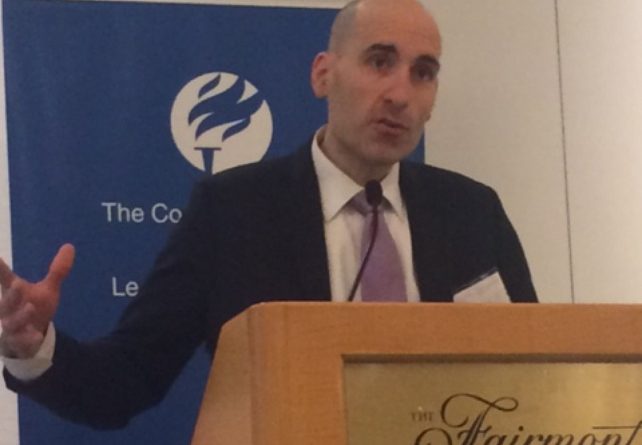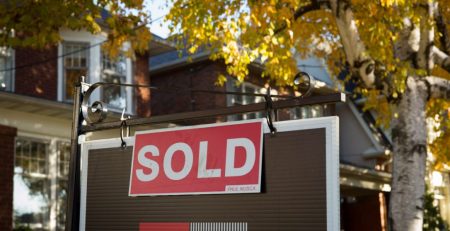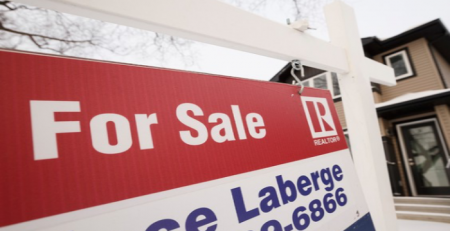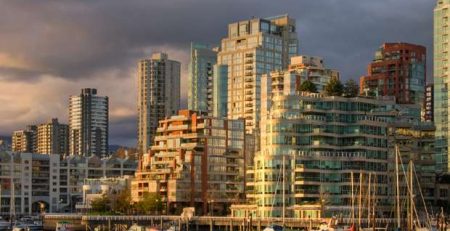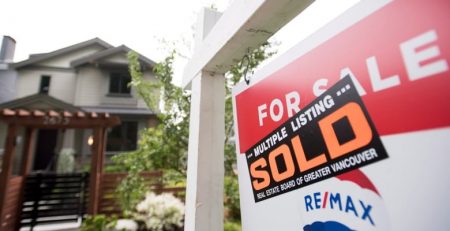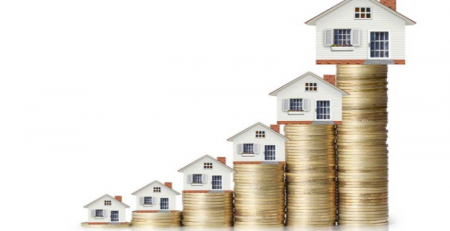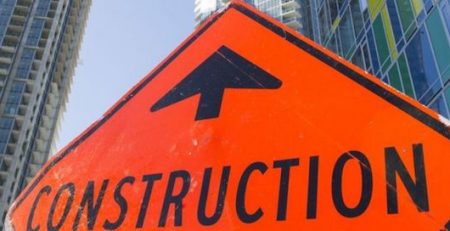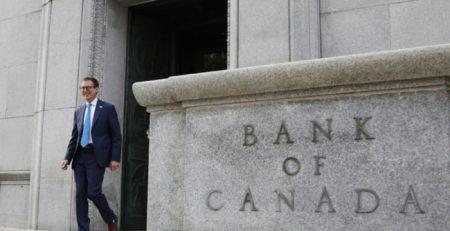Vancouver’s economy is on fire
[Source: BIV.com, January 27, 2017]
Economic growth in B.C., particularly Vancouver, was so strong in 2016, it has nowhere to go but down, according to the Conference Board of Canada.
But even with an expected cooling of the real estate market, lower expected GDP growth of about 3% and job growth of 23,000 per year for the next two years, Vancouver is expected to continuing sharing “superstar” status with Toronto, Alan Arcand, associate director of municipal studies for the Conference Board, said at a Western Canadian Outlook January 27 in Vancouver.
Vancouver and Toronto led growth in Canada in 2016 with 4% GDP growth, while Calgary and Edmonton, hammered by low oil prices, had negative growth of -1.7%.
About half Vancouver’s economic growth is attributable to the so-called FIRE sector (finance, insurance and real estate) and construction.
Canada created 277,000 jobs over the last two years, with 94% of all that job growth coming from three major cities: Vancouver, Toronto and Montreal.
Vancouver had both record job creation in 2016 (60,000) and record new housing starts (27,000), Arcand said.
“Vancouver saw its strongest job gains in history last year,” Arcand said. “You had record employment growth last year of 60,000 jobs created. It just blew past the previous record, which I think was 1989. So, Vancouver’s never seen a year like this before. But we just don’t think that kind of job growth is sustainable going forward.”
Arcand said the reason for Vancouver’s strong growth over the past decade is partly attributable to its climate, its position as a gateway to the Pacific Rim economies, its attraction to foreign homebuyers, and its knowledge economy, where universities, startups and clusters create a powerful centre of gravity.
Although housing is a major economic driver, Vancouver’s high-tech, tourism and film industries have also seen strong growth, and so has manufacturing, thanks in no small part to the $8 billion shipbuilding program underway at Seaspan.
In other word’s, although some parts of B.C. have been hit by commodity prices – Northeastern B.C. being the hardest hit – Vancouver’s economy is firing on all cylinders.
New regulations like the foreign buyers tax has already begun to put brakes on Vancouver’s runaway real estate market, and is expected to continue cool the market over the next two years.
A drop in foreign investment in real estate is expected, although much of that is in the high-end market. Domestic demand is expected to remain strong, thanks to population and job growth.
Despite a cooling in real estate, construction is expected to remain strong, driven in part by large projects like the Massey Tunnel replacement project.
Arcand said Vancouver is expected to create 23,000 new jobs each year in 2017 and 2018, which Arcand said was “slower but still a decent number of jobs to be created.”
It is expected to see continued population growth of 40,000 over the next two years.
“Even though there’s a slowdown, it’s going to be one of the best performing (cities) in the country,” Arcand said.

